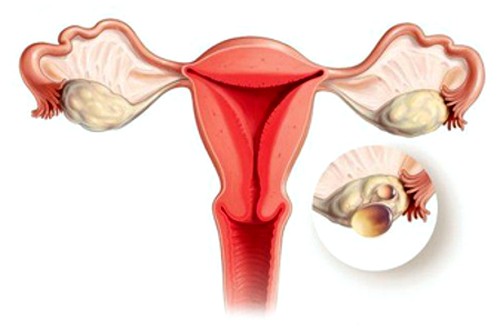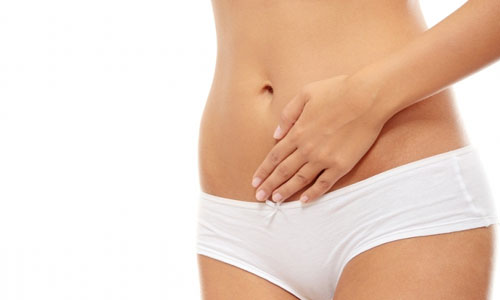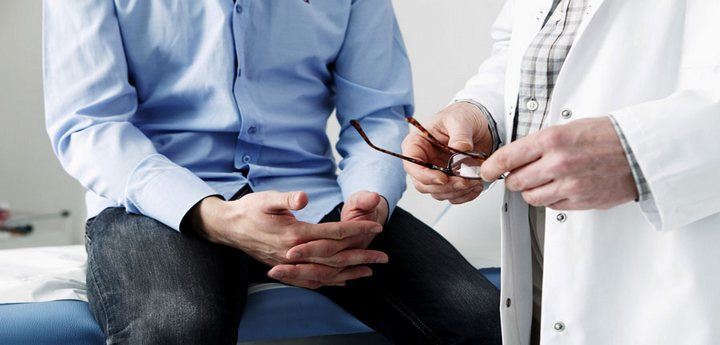Compressed bladder
It happens that a person is overcome by an overwhelming feeling of discomfort and pressure in the bladder area. What is pressing on the bladder? This is a question that requires a thorough study of the structure of the urinary organs and a comparison of all kinds of provoking factors that affect this condition. Why does an uncomfortable condition appear in men and women and how to get rid of it?
Symptoms and causes of pressure in women
Symptoms of malaise manifest themselves as follows:
- there is a constant feeling that something is pressing on the organ;
- sudden and frequent urge to urinate;
- spontaneous separation of urine;
- restless sleep, the need to wake up 2-3 times at night to urinate.
Compression of the bladder can be triggered by various factors related to the physiological characteristics of the female body. These factors include:
- the period of gestation in women;
- gynecological problems and hormonal failure;
- sluggish inflammatory processes;
- metabolic disease.
 An ovarian cyst is a specific disease that is most often treated with surgery.
An ovarian cyst is a specific disease that is most often treated with surgery. One of these factors is an ovarian cyst, which is a fluid-filled formation (follicle) located in one of the ovaries. The causes of cysts are not fully understood, but they are associated with hormonal failure and the presence of inflammatory processes. The paraovarian cyst presses on the bladder in women - this is one of the varieties of abdominal formations, which has more than 20 cm in diameter. Due to its size, it can put pressure on the bladder, causing frequent urination and pain in the bladder. Therapy of this disease is carried out only with the help of surgical intervention.
uterine fibroids
Fibromyoma is a benign tumor that forms in the muscular layer of the uterus (on the inside or outside) in women over the age of 30 years. This is a fairly common gynecological problem. The cause of fibroids is associated with abortion and the failure of metabolic processes in the body. Its size can vary from minimal to large, so its onslaught on the bladder will be significant.
Prolapse of the uterus
A condition in which the female genital organ is displaced downward or completely falls out is called uterine prolapse. This condition is most commonly seen in women of reproductive age. Factors affecting the occurrence of this disease:
- heavy labor activity;
- trauma to the vagina;
- carrying weights;
- passion for weightlifting;
- age-related changes in internal organs;
- the occurrence of a tumor in the urethra or pelvic organs.
 Uterine prolapse is diagnosed during a gynecological examination.
Uterine prolapse is diagnosed during a gynecological examination. Symptoms of this ailment are characteristic:
- significant pressure and heaviness in the bladder;
- constant pain and cramps in the lower abdomen;
- discharge of blood clots from the vagina (in the absence of menstruation).
To cure this condition in gynecological practice, silicone pessaries are often used to correct the prolapse of the vaginal walls. Such devices are used for mild to moderate severity of the disease. They are designed to hold the uterus against the bladder and vagina. The special shape of the pessary provides an effective reduction of pressure on the cervix.
Pregnancy
The period of bearing a child entails internal modifications in many organs and processes. The body gives all its strength to support the development and growth of the emerging fetus. In connection with the growth of the embryo, the uterus grows, which can put pressure on the bladder. These are temporary inconveniences that will disappear some time after the birth of the child.
Prostate adenoma in men as a cause of discomfort
 Any elderly man can get sick with this pathology.
Any elderly man can get sick with this pathology.
Prostate adenoma is a benign tumor that occurs in men over 40 years of age. The cause of the tumor is explained by hormonal changes in the body associated with age-related changes. Enlargement of the prostate provokes a violation of the outflow of urine, making it frequent, often painful and uncontrollable. At an early stage of the disease, there is no pain and pressing sensations on the bladder. Over time, there is an onslaught on the ureter, bladder and kidneys, provoking inflammatory processes in them. Treatment of this disease is simple at an early stage, with a neglected form, only surgical intervention is indicated.
How can the intestines press on the bladder?
 If the intestine presses on the urea, this not only causes discomfort, but can also lead to sad consequences.
If the intestine presses on the urea, this not only causes discomfort, but can also lead to sad consequences. If you feel heaviness and discomfort in the abdomen, irregular emptying, you should think about possible problems associated with the small and large intestines. Often constipation is the cause of pressure on the bladder. This ailment can occur not only in the elderly, but also affect very young girls and boys. Protracted constipation puts pressure not only on the intestines, but also on other closely spaced organs. Malaise provokes irritation of the intestines, gases and discomfort in a person.
- Introduce more foods rich in fiber into the diet (vegetables, fruits, legumes, cereals, bran bread). Limit the use of fatty foods, confectionery, flour.
- Maintain your physical fitness - move more, play sports, go to the gym.
- Carry out a light massage of the abdomen: stroke the abdomen clockwise, slightly pressing with your fingers. Do this massage regularly: in the morning and in the evening, devoting only 3-5 minutes of time.
- If the discomfort does not go away, consult a doctor in order to prevent the occurrence of subsequent complications.




